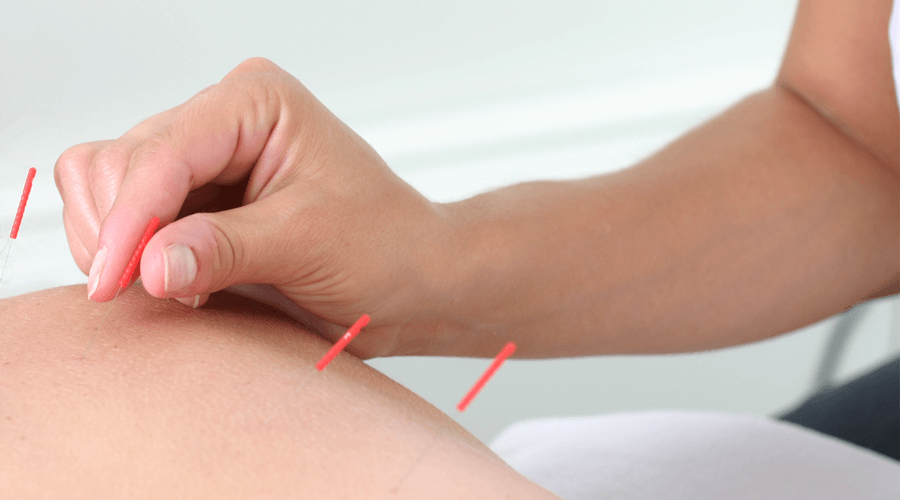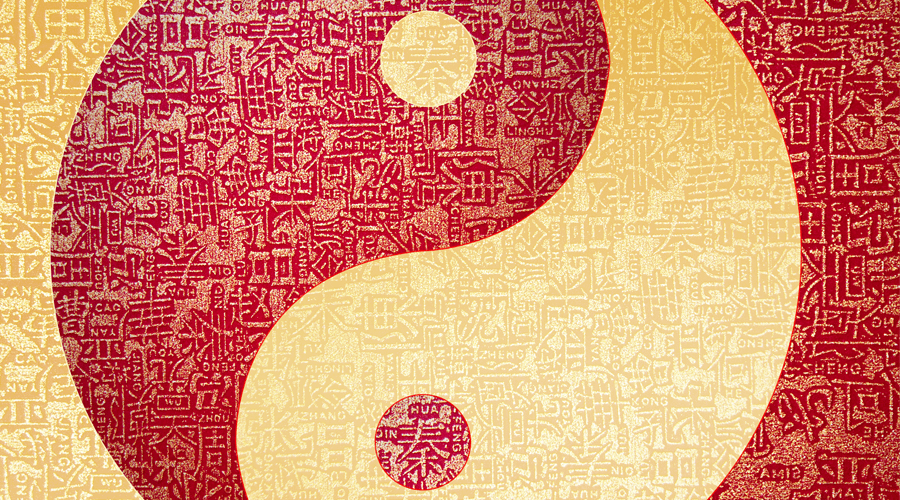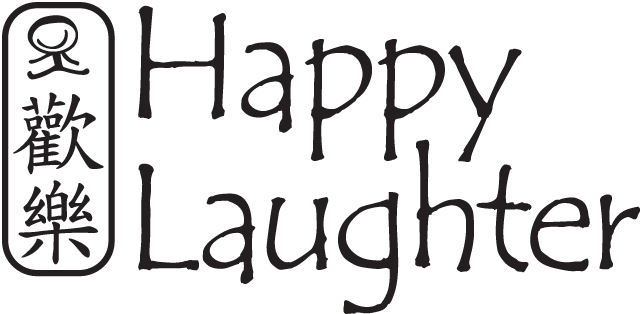Good for your body + soul
Acupuncture Therapy techniques originated in China more than 2,500 years ago.
Feeling stressed, tense, or in pain?
Imagine what it would feel like to feel totally relaxed, in harmony with your body, pain free.
This is what can happen when you have Acupuncture Therapy.
Acupuncture Therapy
Acupuncture brings a number of health promoting benefits.
What is Acupuncture
Very fine needles are gently inserted then you can close your eyes, relax and even sleep if you like during your treatment. The points are selected for you after a comprehensive Chinese Medical Pulse Diagnosis and then left in for a period of time depending on your treatment needs.
Due to the risks associated with receiving needling from an unqualified or underqualified practitioner the practice of Acupuncture in Australia is now regulated by AHPRA.
A fully qualified Acupuncturist is required to complete a minimum of 4 years of university training which includes thousands of hours of theory plus over 600 hours of clinical supervision.
At Happy Laughter you will only ever receive treatment from fully qualified Acupuncturists.
With our commitment to bringing you the best Acupuncture Therapy and treatment outcomes, our practitioners exceed the minimum requirements for ongoing education.
How does Acupuncture Therapy work

Acupuncture Therapy alleviates symptoms by improving function. In other words, Acupuncture Therapy fixes the functioning of the system resulting in the resolution of symptoms, rather than only offering relief or masking of symptoms.
Acupuncture generally utilises the Acupuncture needle to affect function within the body to bring about changes in health and wellbeing. There are many theories about how Acupuncture works – both traditional and scientific/modern.
One theory of understanding how Acupuncture works is to think about good blood circulation. If there is a long term reduction in blood circulation to any part of the body, the functioning of that area is gradually reduced over time. For example, if blood circulation to a muscle in your arm is diminished through injury or tension then the amount of oxygen and nutrition the tissues in your arm can receive begin to diminish and your arm may struggle to function fully. You may experience this as tension, pain or reduced mobility. Acupuncture Therapy or Dry Needling Therapy works at re-establishing the blood circulation and thereby improving function by increasing blood circulation, thus resulting in reduced pain and tension and increased flexibility.
One analogy to further explain this is to think of a watering hose. For good flow of water the hose needs to be free of kinks, leaks and other stressors such as heavy objects. Acupuncture assists to remove the stressors and kinks to ensure good flow of blood and qi (pronounced chee) around the body thus assisting to promote optimum system function.

Yin and Yang principle
A more traditional theory of Acupuncture Therapy connects with the ancient Chinese philosophy of Yin and Yang. Yin and Yang, when thought of simply, are states of opposites. For example, hot/cold, black/white, male/female.
A scientific example of Yin and Yang within the body can be illustrated by the omega 3 (Yin, being more cooling and calming, found in fish, flax seed, chia, grass fed meats) to Omega 6 (Yang, being more hot and inflaming, found in nuts, grains, grain fed meat) ratio, which determines, in part, inflammation vs anti-inflammation within the body. These need to be within a particular range for the body to function optimally.
From a traditional perspective the use of Acupuncture assists to bring Yin and Yang into balance, which it is believed to promote great health.
Acupuncture benefits
Many clinical studies suggest Acupuncture Therapy can help to treat a wide range of conditions.
As Chinese Medicine is a health and wellness based system of medicine which aims to treat the person holistically and address the ‘root cause’ or underlying reason for the presentation of symptoms. One of the key benefits of Acupuncture and Chinese Medicine is that it can be of benefit to you no matter where you are on your journey to wellness and good health.
Further as Chinese Medicine is treating your presentation from a holistic perspective it is common for people to not only experience a reduction or resolution of the symptoms of concern, but to experience an improvement across other areas of their life and physical health at the same time.
Benefits of Acupuncture include (but are not limited to):
- reduction or resolution of symptoms
- experience greater levels of relaxation
- assists in reduction of stress
- reduced muscular tension
- people commonly experience higher levels of energy post treatment and often comment about having slept better that night
- very few negative side effects
- generally painless, except on occasion at point of insertion
- As with any medical procedure there is a level of risk with Acupuncture. However Acupuncture is generally recognised as safe when performed correctly by a registered Acupuncturist at an Acupuncture clinic.
- Acupuncture and Chinese Medicine can be used to complement other therapies and is able to work collaboratively with other health professionals who may be assisting you including your GP.
- scientific research has proved Acupuncture to be effective in many cases, see the section What can be treated with Acupuncture below.
What can be treated with Acupuncture

Acupuncture therapy can be of benefit in many conditions. At Happy Laughter Acupuncture and Chinese Medicine we have experience in treating many different conditions and symptom presentations associated with a range of conditions.
Acupuncture Therapy has been utilised for thousands of years to treat a large range of conditions. The Chinese Medical Classical texts outline protocols for many conditions which have been utilised and refined over many years. As Chinese Medicine is a vast system of medicine with significant history, not all treatment protocols for all conditions have undergone contemporary scientific research. It is best to call to discuss your particular condition in order to assess if Acupuncture and Chinese medicine can be of benefit to you and your concerns.
When we look at the scientific research which has been undertaken into the clinical benefits of Acupuncture, there is strong or high quality evidence to support the effectiveness of Acupuncture for a range of conditions.
For the following listed conditions the research evidence has been rated moderate or high quality and indicates that where Acupuncture was used to treat the condition there is consistent statistically significant positive effects.
Strong or high quality scientific evidence:
- Tension and chronic headaches;
- Migraine prophylaxis;
- Chronic lower back pain;
- Knee osteoarthritis;
- Allergic rhinitis (perennial & seasonal)
- Postoperative pain;
- Postoperative nausea & vomiting; and
- Chemotherapy-induced nausea & vomiting.
Further a review conducted by the Acupuncture Evidence Project concluded that there was moderate evidence to support the effectiveness of Acupuncture (this evidence was rated moderate or high quality as the review felt that there was either insufficient evidence or insufficient number of studies to draw firm conclusions – in other words, the evidence is good but more research is required) for the following selection of conditions (there were 38 in total):
The following list is a summary that includes evidence for the conditions that relate to Happy Laughters clinical focus.
Moderate or high quality scientific evidence:
- Digestive disorders such as:
- irritable bowel syndrome (IBS);
- constipation;
- Musculoskeletal conditions including:
- acute lower back pain,
- neck pain,
- sciatica,
- shoulder pain,
- shoulder impingement
- syndrome (early stage with exercise),
- plantar heel pain (pain associated with heel spurs),
- lateral elbow pain (tennis elbow) and
- temporomandibular (TMJ) pain (a certain type of jaw pain).
- Back or pelvic pain during pregnancy and labour pain;
In the list below, highlights the conditions that I also treat that have moderate or strong evidence:
- Anxiety
- Perimenopausal & postmenopausal insomnia
- Asthma in adults
- Cancer-related fatigue
- Prostatitis pain/chronic pelvic pain syndrome
- Depression (with antidepressants)
- Restless leg syndrome
- Hypertension (with medication)
- Insomnia
- Smoking cessation (up to 3 months)
The remaining conditions can be found in The Acupuncture Evidence Project: Plain English Summary
Acupuncture and Chinese Medicine has been traditionally applied over thousands of years to reduce the symptoms associated with many other conditions which have not undergone contemporary scientific research. Some of these conditions include:
- Stomach pain
- Abdominal pain
- Abdominal distension and/or fullness
- Diarrhoea/constipation
- Reflux
- Lower rib cage (lateral costal) pain
- Palpitations
- Insomnia
- Mouth sores (canker sores/mouth ulcers)
- Nosebleed or nasal congestion
It is always best to call or make an appointment to discuss your individual circumstances and treatment goals in order to best make an assessment regarding whether Acupuncture and Chinese Medicine will be of benefit to you.
What to expect from Acupuncture Therapy
- We ask that you arrive 10-15 mins early for your first appointment to complete a new patient questionnaire or it can be printed and filled in ahead of time.
- Your practitioner will collect you from the waiting room when it is time for your appointment.
- Help yourself to some water whilst you are waiting.
- During your first appointment you will receive a thorough assessment prior to receiving any treatment in order to develop a diagnostic picture and inform your treatment.
- Depending on the complexity and number of concerns you may not receive treatment in the first session. Where you are presenting with pain and discomfort or acute injury every effort will be made to ensure that treatment is delivered in the first session.
- After an assessment your practitioner will ask you to hop onto the treatment table and will talk with you about the treatment plan. Acupuncture therapy involves the insertion of very fine needles into the skin. Needles may not be inserted into the area that is painful at all as other areas of the body can be used to treat the area of discomfort.
- Once the treatment has taken place you will then relax, close your eyes, meditate or sleep for a period of 10 – 40 mins depending on the treatment protocol being used.
- Your practitioner will remove the needles when the treatment time is finished.
- We ask you to drink plentiful amounts of water after your treatment to assist the body to process the treatment and allow any inflammatory compounds to move away from the area which has received treatment.
- During the initial stages of Acupuncture Therapy treatment, your practitioner will aim to offer symptomatic relief, both by addressing the symptom, as well as addressing the underlying cause (lack of adequate function). As the symptoms recede, more emphasis is placed on addressing the underlying cause (improving function) so that a prolonged resolution of your condition can be brought about.
- Commonly, maintenance treatment is required to produce sustained long term improvements in function and for complete resolution of symptoms, as everyday life (emotional and physical stressors, chemicals, etc) tend to decrease function over time. Depending upon individual circumstances, including lifestyle and overall health and wellbeing, the frequency of maintenance treatment is generally between once fortnightly to once every 6 weeks.
East Melbourne and Yarra Valley Acupuncture services
If you are looking for a local Acupuncture clinic, Happy Laughter Acupuncture & Chinese Medicine is a great option. We are trained professionals when it comes to Acupuncture and Chinese Herbal Medicine.
Our services include:
- Acupuncture
Which may include- Cupping
- Gua sha
- Rapid Release Device treatment
- Electroacupuncture
- Dry Needling
- Chinese Herbal medicine
- Laser Therapy
